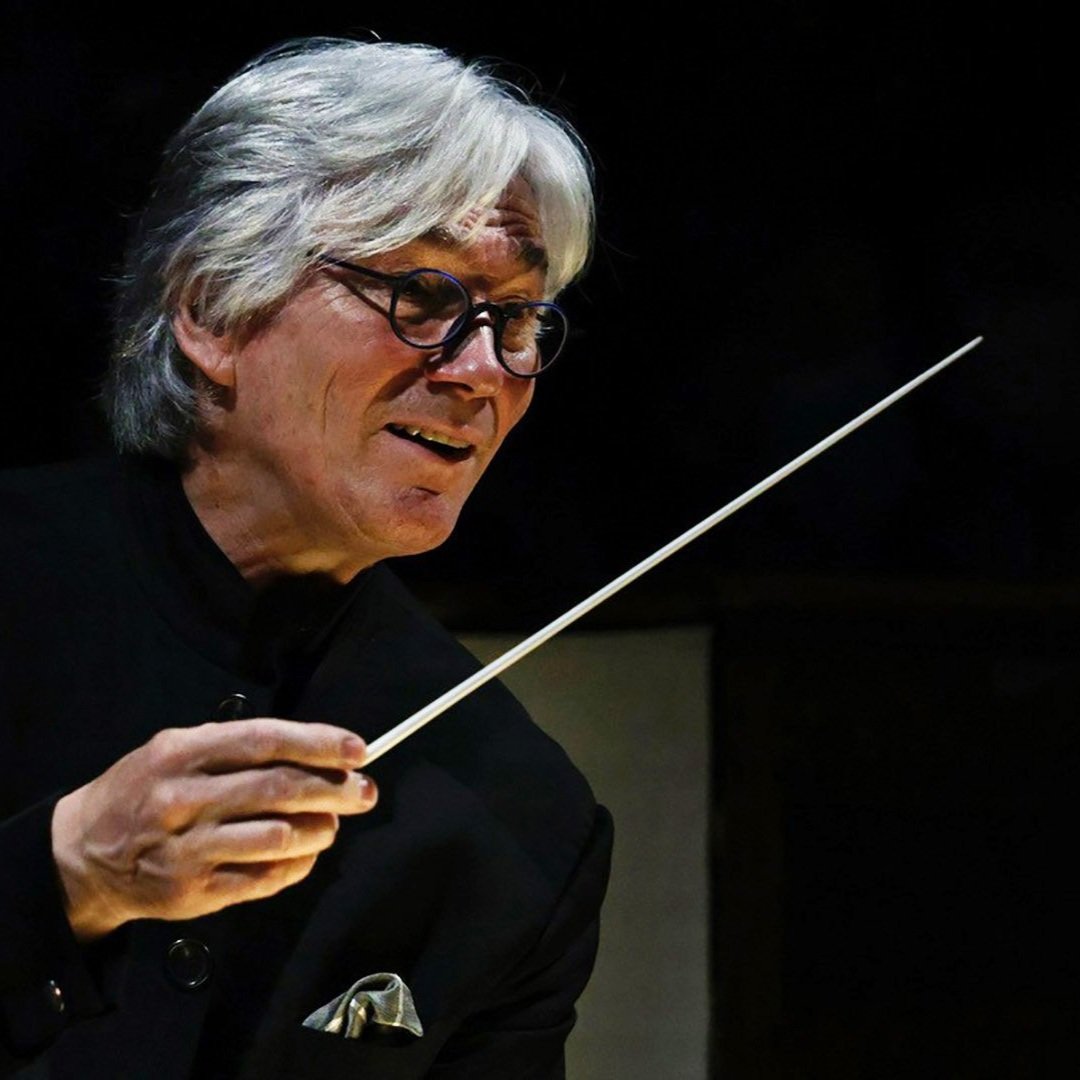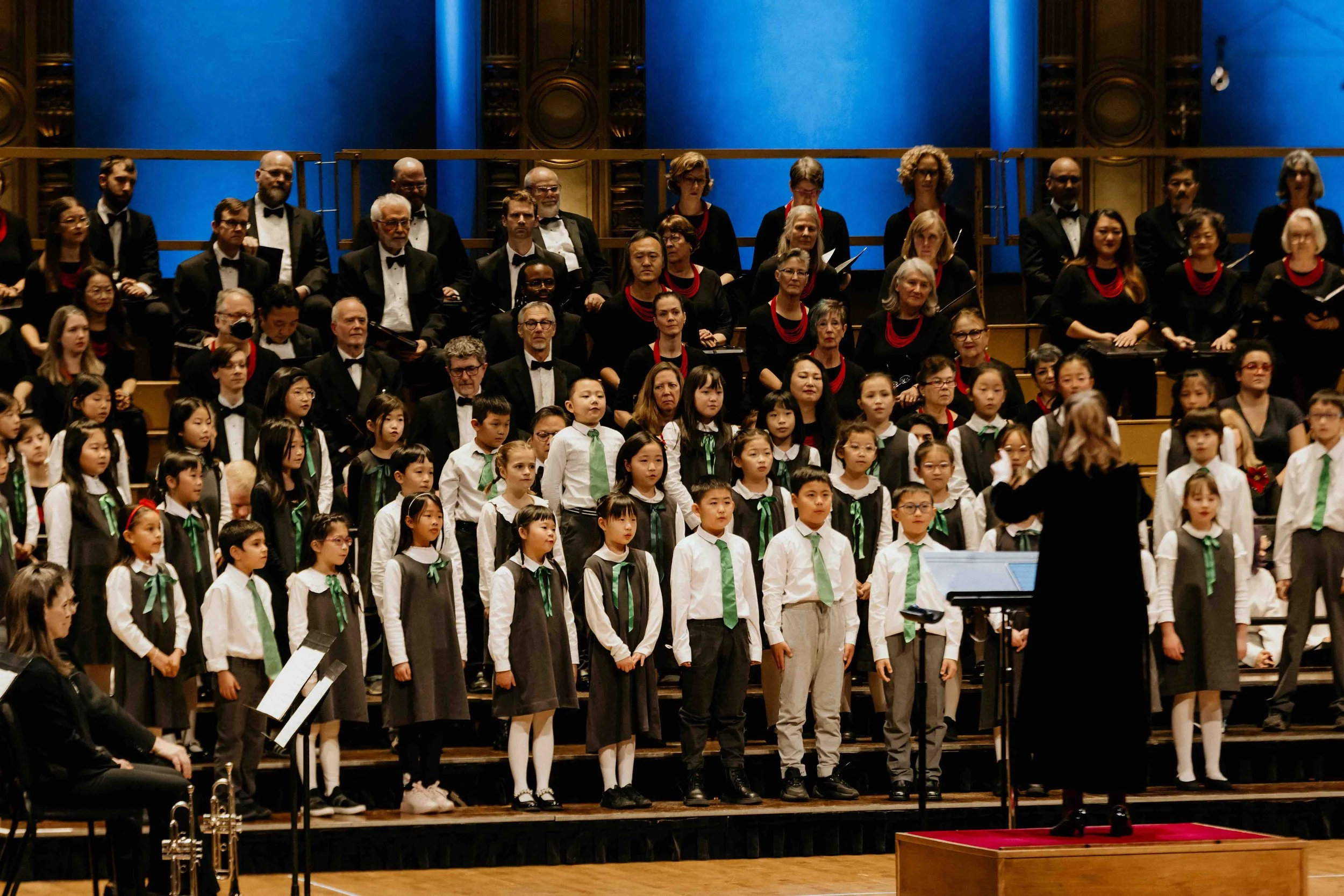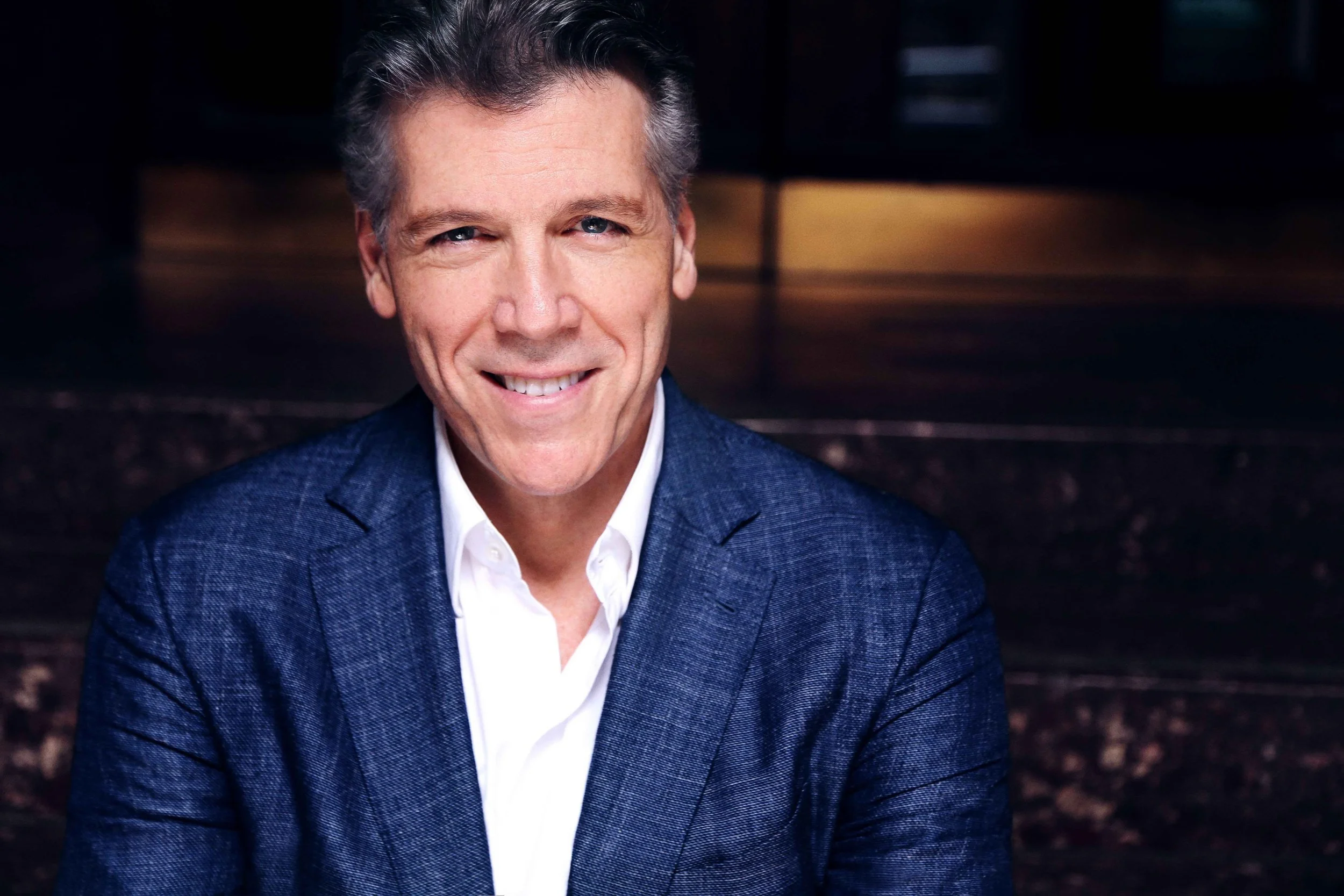Conductor Jonathan Darlington brings new experience to Vancouver Opera's lush and fiery Cavalleria Rusticana concert
Drawing on the feeling of southern Italy for Mascagni’s masterpiece, the music director emeritus makes his first return here in three long years
Vancouver Opera presents Cavalleria Rusticana in concert at the Queen Elizabeth Theatre on February 12 and 13
IN HIS FIRST performance with the Vancouver Opera in three long years, conductor Jonathan Darlington is bringing new insight to Cavalleria Rusticana.
It’s not like the VO’s music director emeritus hasn’t led Pietro Mascagni’s opera before: The one-act masterpiece saw a smashing full production here in 2007 with Darlington on the podium.
But now the maestro brings the fresh experience of living in southern Italy to a concert version of the Sicily-set opera. Though Darlington spent much of early pandemic lockdown at his home in Paris, he moved to Naples in the spring of 2021 when his wife, Clotilde Vayer, left the Paris Opera Ballet to become director of the southern Italian city’s Ballet of Teatro di San Carlo. And it’s given the opera veteran a new insight into Cavalleria’s contrasts and nuances, from its momentous, fiery crescendos to its tranquil respites.
“Now, living in Naples, there are things I didn’t understand about some of this stuff that I do now,” Darlington explains over the phone on a break from rehearsal with the VO Orchestra, where he finds morale “pretty high” despite pandemic challenges. “I live in a city that is quite loud, quite boisterous. But if I walk up the road 20 minutes, I find myself at the palace gardens, and there’s absolute peace—I find myself in this incredibly still garden. And it’s because of this contrast that it’s made even more peaceful. That’s what you find in this piece: this incredible drama and then all of a sudden there’s a stillness which has the vibration inside it.”
And so you’ll be able to imagine where Darlington might be going in his head this weekend as he conducts the story of seduction and betrayal in a sunbaked village.
The plot begins with Turiddu returning from military service to find his fiancée Lola now married to the town’s prosperous cart-business owner, Alfio. In revenge, Turiddu seduces the villager Santuzza, who gets ex-communicated for the affair. Turiddu takes up with Lola again, and when an enraged Alfio finds out, all hell breaks loose. (Singers Othalie Graham, David Pomeroy, Leah Giselle Field, Hillary Tufford, and Gregory Dahl star in the concert performance.)
While that story may sound tawdry, it’s brought to life by wall-to-wall gorgeous music, from huge choruses to the serene and famous orchestral Intermezzo that connects the opera’s first half to its second.
Just before the Intermezzo, the heartbroken Santuzza rats out Turiddu to Alfio—and Darlington must use all his conducting powers to take the orchestra from full-blown passions to the absolute calm he finds in Naples’ palace garden.
“Everyone’s been worked up into a state of excitement that's been overblown, and then you have to bring everyone down,” states the maestro, who led the VO orchestra for almost 20 years. “It’s very sensorial: you can feel the hot air around you, and then it’s incredibly quiet and full of peace, which is rather strange.”
Darlington has high praise for the big, intricate chorus numbers that Mascagni wrote for the work—famously as a contest entry pulled off in two months. It won, of course, debuting in 1890 and becoming a classic of the verismo operatic style.
“It’s for big forces—and part of the reason they're doing the piece is because it uses the whole opera chorus and the whole orchestra,” Darlington says. “I think it's a very, very good choice on the part of [VO general director] Tom Wright. With a cast that isn't enormous, it shines a spotlight on the chorus. And the choral writing is very beautiful because Mascagni knew what he was doing—that’s because he worked with choirs a lot and he conducted them.”
Cavalleria is rarely performed here on the West Coast, but Darlington says it’s deservedly popular in Europe. Normally, the opera sits on a double bill with the one-act verismo work Pagliacci. But of the two, Darlington prefers the slightly less-famous Cavalleria.
“As the title—‘Rusticana’—would suggest, there’s a sort of robustness in there, and it has a more down-to-earth, natural feel to it,” he begins. “It’s the raw nature of the story that I really love….It’s obviously got lots of Sicilian stuff in there, too: you’ve got the very opening song that Turiddu sings in Sicilian, in the dialect, so it announces itself from the very word ‘go’ in a very clear, very vibrant, very southern-Italy way. I love that.”
In fact, one senses that Darlington appreciates everything about Mascagni, who was not only a composer and a teacher, but an in-demand conductor.
“I’d love to have met him, you know?” he says. “Some conductors, to see them you would have been just absolutely terrified. What would you talk to Wagner about, or Stravinsky? You'd just be terrified! But I think Mascagni is someone with whom you could have a really fascinating conversation and learn a lot.”
Lifelong learning and curiosity is what has driven British-born Darlington’s accomplished career, across genres from early music to contemporary work, and to podiums for symphonic concerts, European opera productions, and ballet performances. Like everyone else in the classical music scene, he saw his work cut drastically in 2020, but the past year has seen gigs return in force, from Vienna to Oslo. In May, Darlington returns to the Paris Opera Ballet and its storied Palais Garnier to conduct the music for three dance works by Swedish choreographer Mats Ek.
He reports that a recent performance at Oslo’s opera house saw audiences return at full capacity, but working in Europe still means dealing with masks, regular rapid testing, and social distancing at rehearsals: “It’s not back to normal yet.”
And on the occasions when Darlington returns from the road to his new home in Naples, the fluent Italian speaker works on perfecting the local language.
“I don’t speak Neapolitan yet, which I think will be a real achievement,” he says, “because as you know in Naples they have their own language—it’s not just a dialect, it’s a real language, because of the influences of the Spanish, the Arabic, the Greeks, and the French. All these influences are in the language itself and it’s fantastic!”
Amid his other goals is making more frequent returns to Vancouver now that the world is opening up again—starting with an open-air VO concert this summer. “It’s a bit of a contrast,” Darlington says with a laugh. So even though it's drizzling here while the sun shines in Naples, he's missed coming to Vancouver. "I love coming here, I love the people here, I love the company, and I think we’ve done a lot of good work over the years.”
















